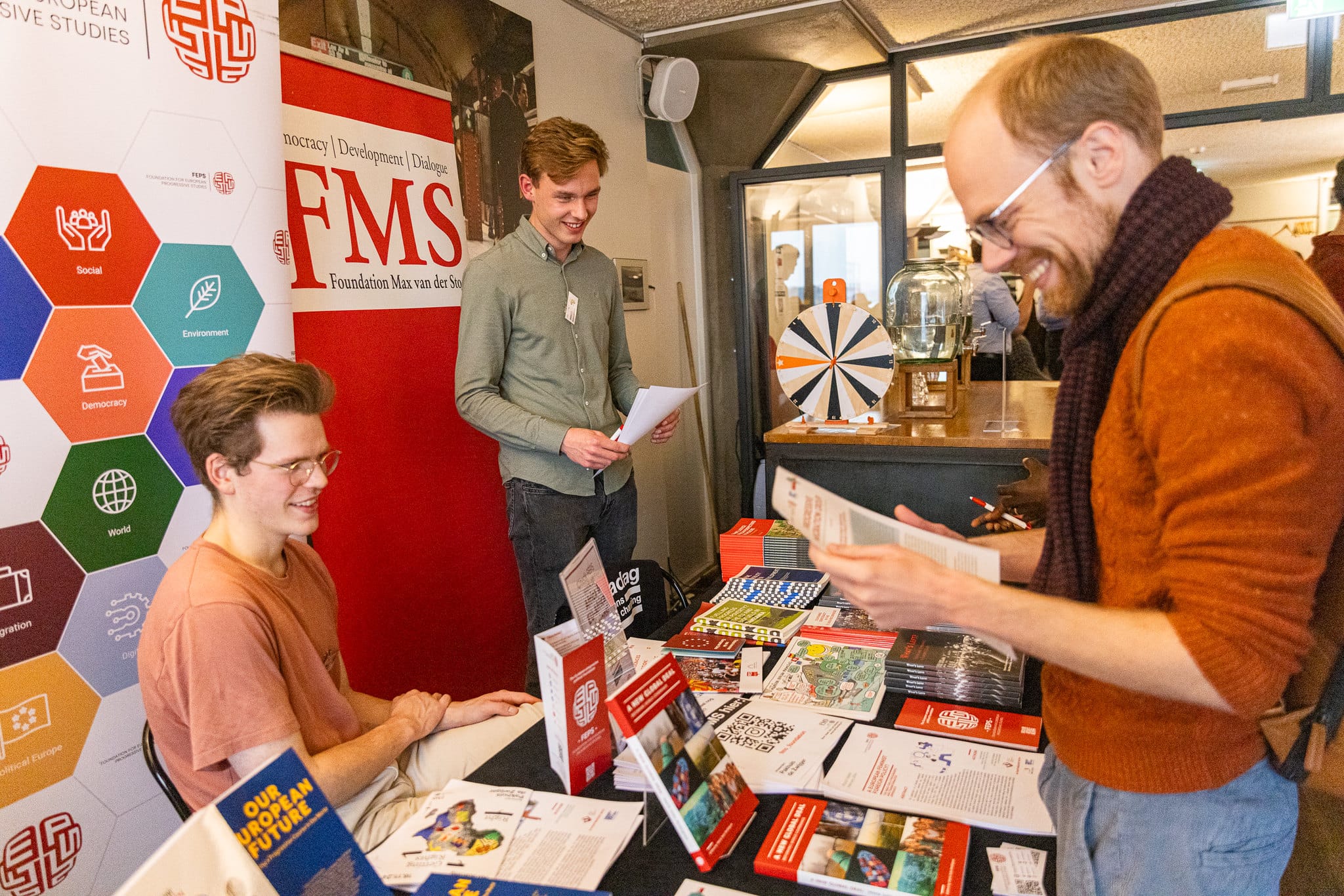While corona vaccinations in Romania are running smoother than expected, ambitious plans by the government are lagging behind. A lot of European money needs to be spent in the coming budget period, but it is uncertain whether there is the administrative capacity to do so. And then Romania is also still struggling with corruption.
New government
After the parliamentary elections on 6 December, the PSD (the Social Democratic Party) again became the largest party. This party can always count on around 40 per cent of the vote. But the PSD's opponents, the liberal PNL (the National Liberal Party) and the progressive alliance USR-Plus (the Save Romania Union) formed a government together with Hungarian UDMR (the Democratic Union of Hungarians in Romania). Understandably, the government is now mainly concerned with fighting the coronavirus, but it lacks the necessary courage to govern the country.
Trying again
Many parts of the coalition plan are familiar: in fact, they are the same plans that all recent governments have committed to. The tax authorities must collect taxes better, public services must be more digital, corruption must be fought, as must illegal logging and environmental pollution, and more highways must finally be built. In addition, the 'absorption capacity' of European money must increase. A familiar tune for Romania. These plans mainly show how hard the Romanian government is struggling to perform basic tasks.
Project money
Romania has been allocated a lot of money in the new EU budget period, some €80 billion. Unfortunately, that money is earmarked for projects and not structural spending. Because the Romanian governments of recent years have immediately jettisoned any shred of economic growth with rising civil servants' salaries and pensions, the budget contains hardly any money for anything else.
Therefore, there is never any money for structural expenditure such as maintenance. Then again, maintenance is not a political focal point, so the road network remains a Swiss cheese of holes and the government apparatus is held together with rubber bands. For instance, the police purchased new cars that cannot drive because there is no money for petrol. And in hospitals, brand-new equipment sits gathering dust as doctors leave for abroad.
Corruption
At the urging of USR-Plus, the new government has proposed a constitutional amendment stating that persons with criminal records will no longer be allowed to work for the government. A referendum showed that a majority of Romanians were in favour of this. Moreover, a special department of the public prosecutor's office that dealt with bullying judges has just been abolished. It had been created by one of the previous justice ministers to conduct special investigations into criminal offences committed by magistrates in order to put pressure on them. But the momentum in the fight against corruption seems to have diminished with the departure of Laura Kövesi, who now heads the European Prosecutor's Office. The new government does not get much beyond declarations of principle. Kövesi tirelessly led DNA, the anti-corruption prosecutor's office, until 2018 and managed to put many senior figures behind bars.
By: Johan Bouman
Photo: Flickr




